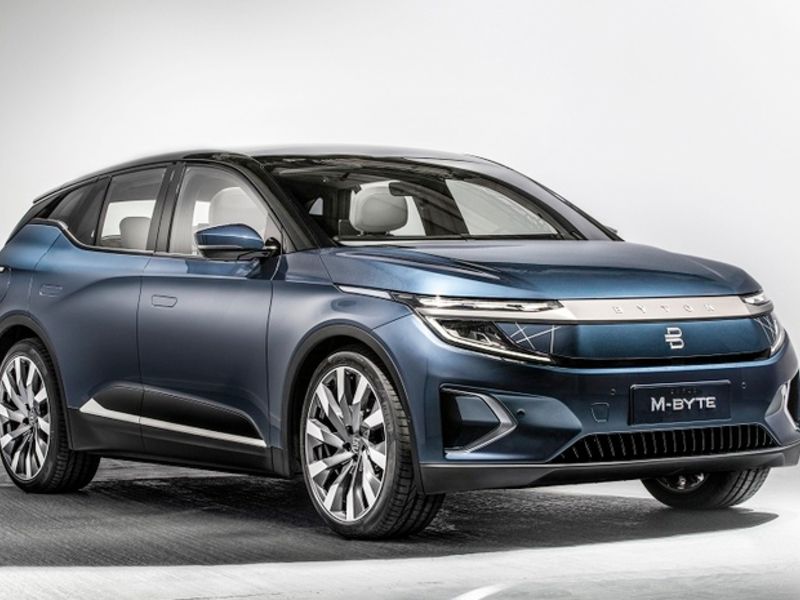
Byton, one of many would-be Tesla rivals that have sprung up in China, finally seemed poised at the beginning of the year to make big headway toward launching its first product.
Last September, Chinese rival Faraday Future dealt Byton a blow by poaching its CEO, Carsten Breitfeld, the BMW veteran who co-founded the electric vehicle startup in 2017.
But in November, Byton rebounded with word that it received licenses to sell its M-Byte electric crossover in California as part of a plan to begin North American sales in 2021. And in January, Byton showed the final production version of the M-Byte to its U.S. target audience at CES.
Then came the COVID-19 pandemic. Amid the economic slowdown and California lockdown, Byton furloughed about half the 450 workers at its North American headquarters in Santa Clara in April. And the company said it would reevaluate the launch timing of the M-Byte, a sleekly styled crossover with a massive 48-inch pillar-to-pillar display screen spanning the dashboard.
Byton’s leaders also took a collective 80 percent pay cut.
If Byton’s rollout strategy stays on track, the company plans to pursue what it calls a hybrid retail strategy of selling directly to customers through Byton’s own facilities as well as through partnerships with other retailers and service providers. It also will pursue online sales.
The M-Byte, which will be manufactured at Byton’s new plant outside Nanjing, China, is a five-seat utility vehicle available in rear- or all-wheel-drive setups. Two sizes of lithium ion batteries are available, a 72-kilowatt and a 95-kilowatt powerpack. The base, rwd model with the 72-kilowatt battery delivers a driving range of 267 miles under the New European Driving Cycle.
Sales were set to begin in China this year and in the U.S. and Europe in 2021. If and when that happens, sales could be brisk. In March, Byton had 65,000 M-Byte reservations worldwide.